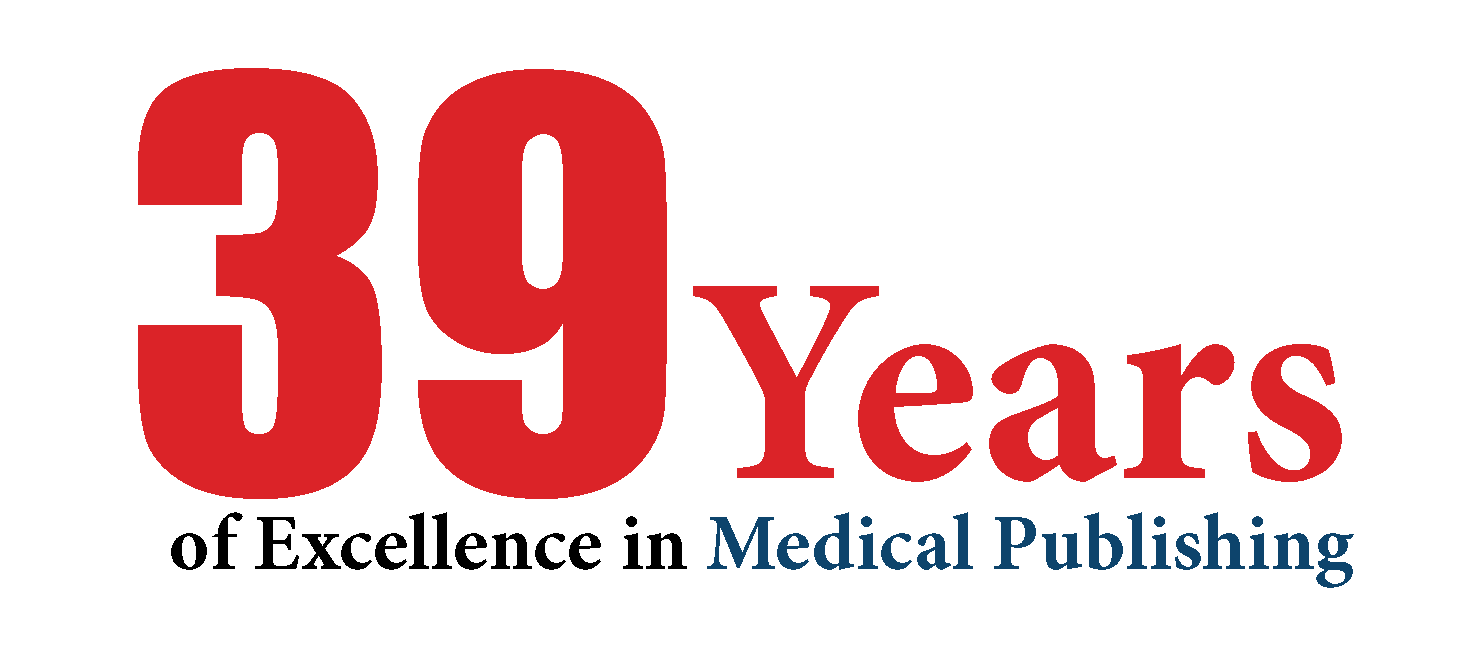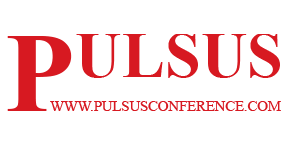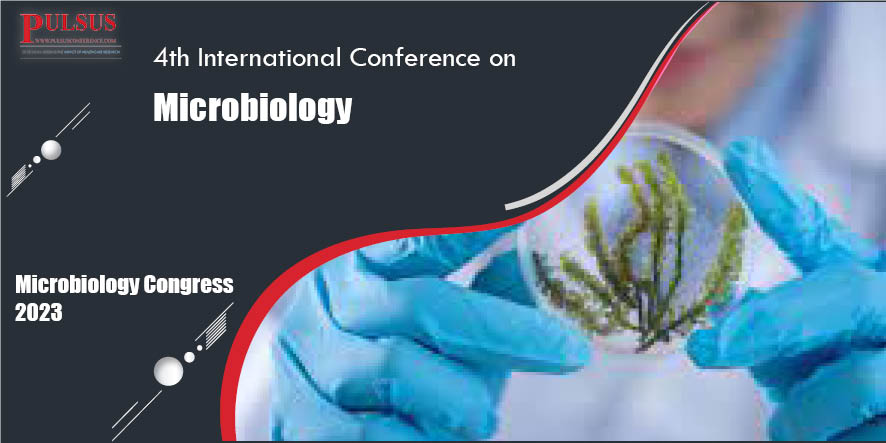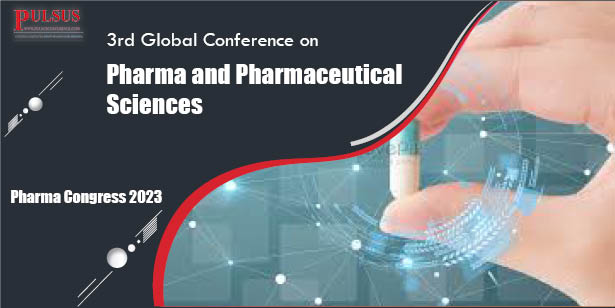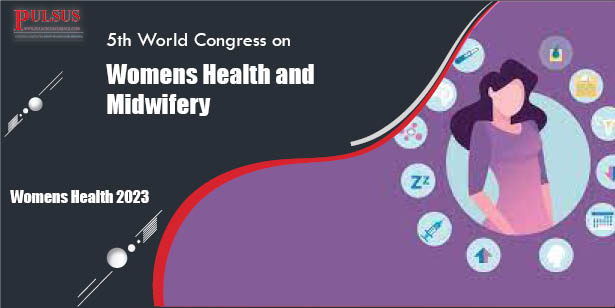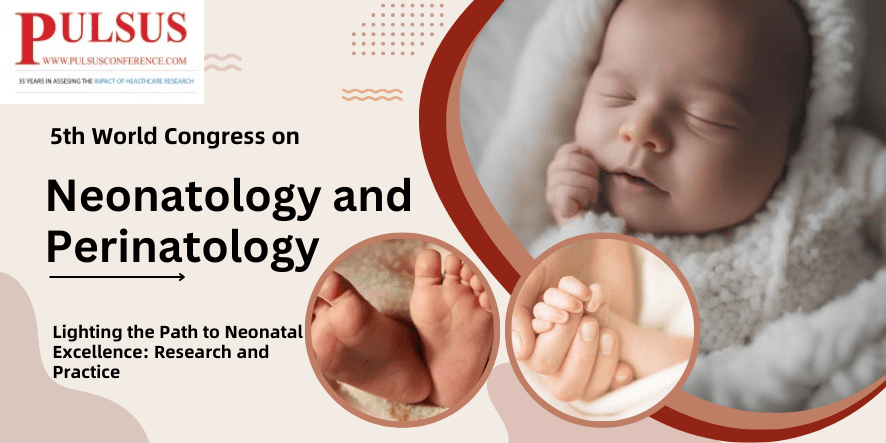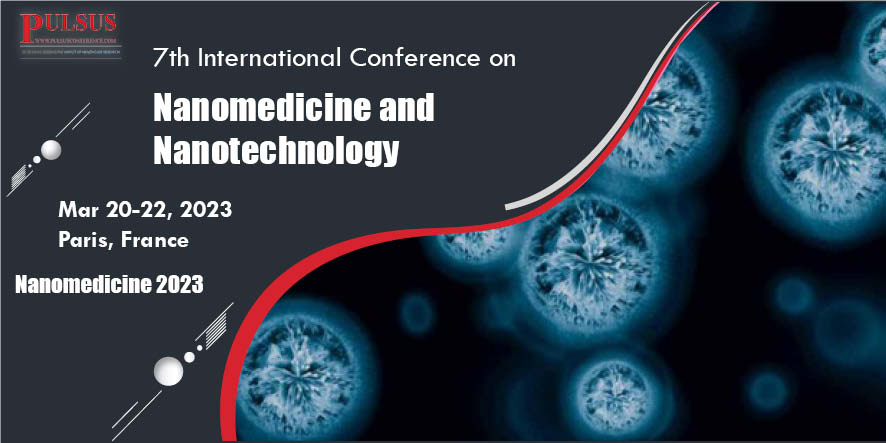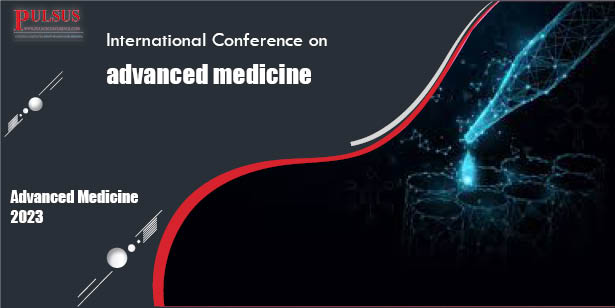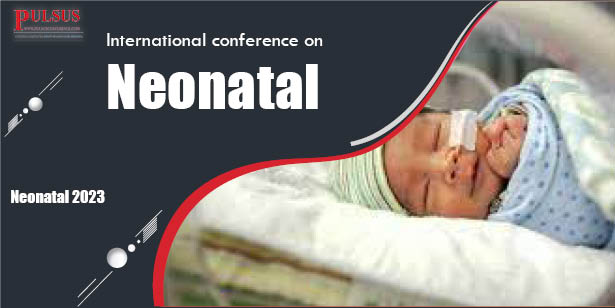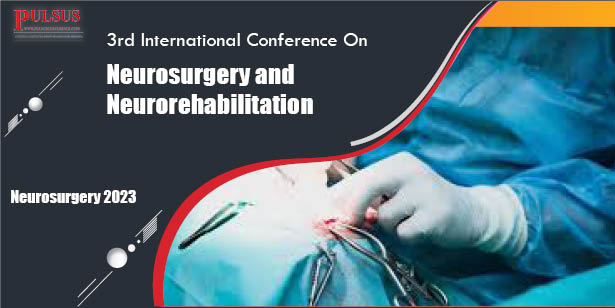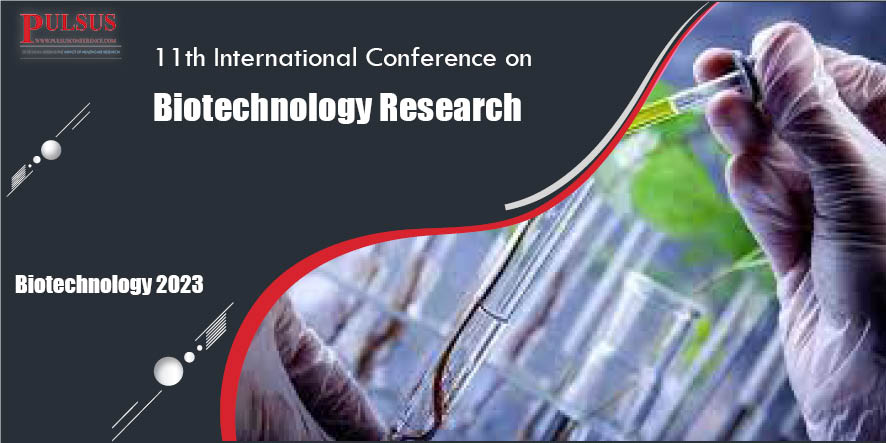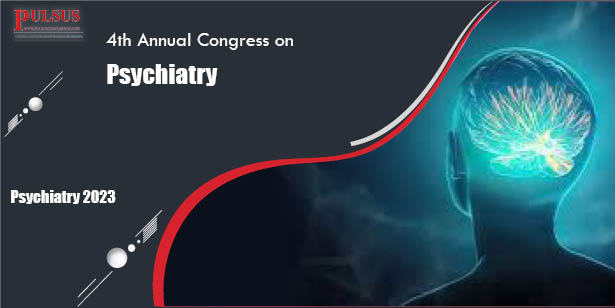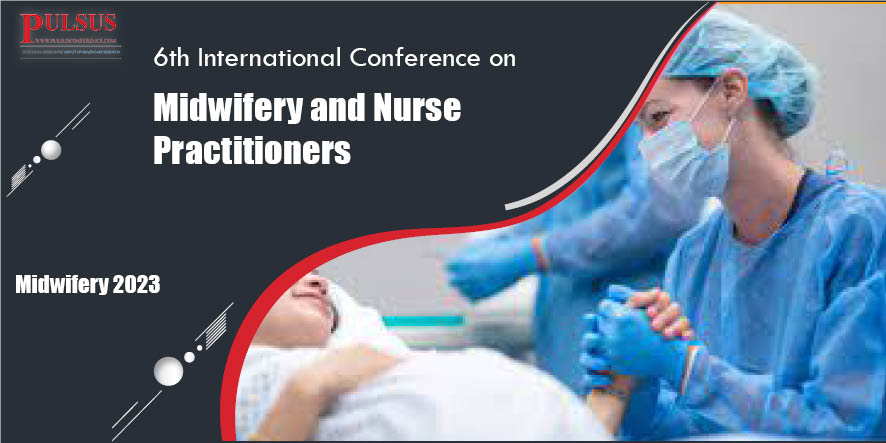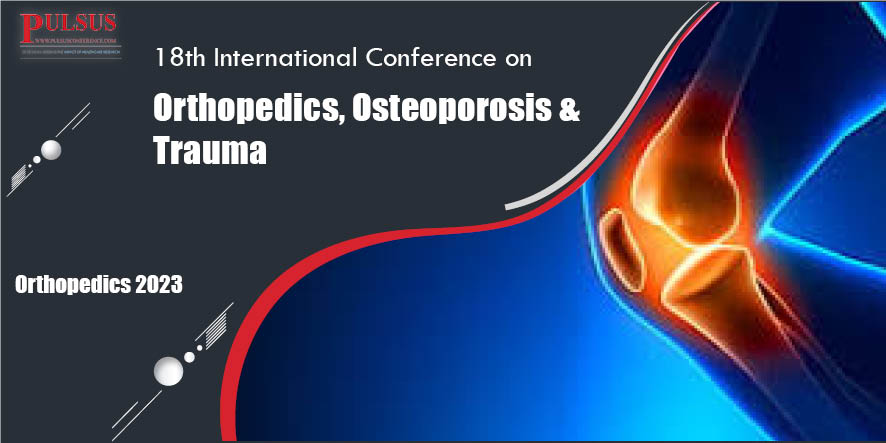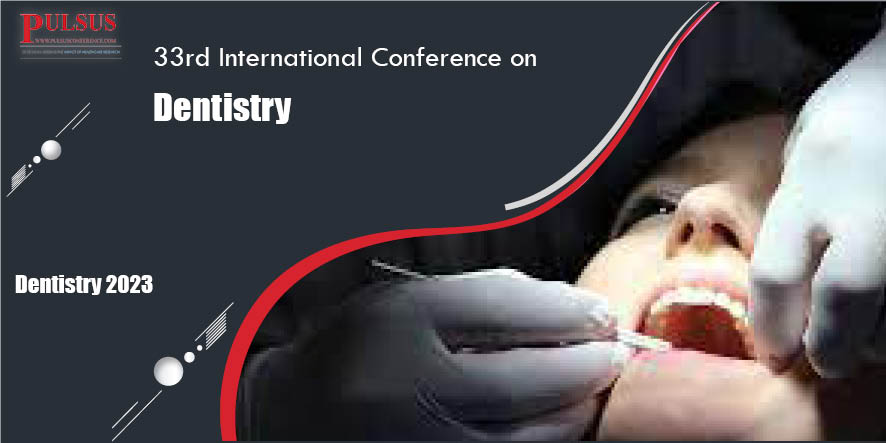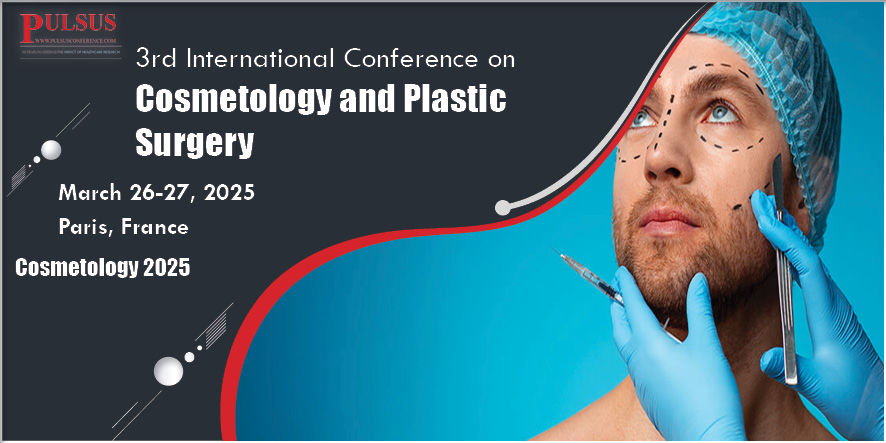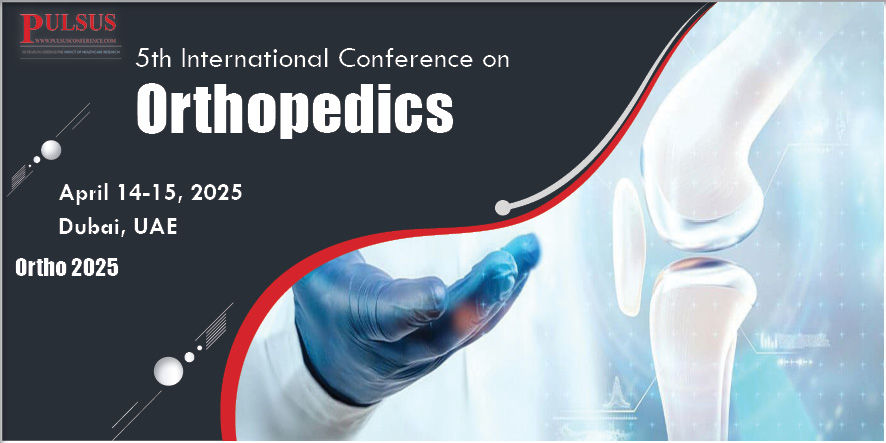About Toxicology Conferences
Toxicology Conferences 2023 | Toxicology Conference | Pharmacology Conference | Forensic toxicology Conference | Biochemistry Conference | Medicinal chemistry Conference | Drug Discovery Conference | Drug development Conference | Environmental health Conference | Toxicology Events | Toxicology Meetings
Toxicology is defined as the field of science that deals with toxic substance and helps us to understand about the harmful effects that are caused by the chemicals and its effects on humans, animals, and around the environment. Toxicology studies comprises the detection, and quantification of hazards arising from human exposure to chemicals (smoke, food, and workplace).
A toxicologist is a scientist who has strong understanding of numerous scientific disciplines, similar to biology and chemistry, and generally works with chemicals and other substances to determine if they're poisonous or dangerous to humans and other living organisms or the atmosphere. Some refer toxicology as the “Science of Safety”
The global toxicology testing market is expected to USD 27.36 billion by 2021 from USD 14.15 billion in 2020, at a CAGR of 14.1% between 2016 and 2021. By product, the market includes assays, reagents & lab ware, and services. The market is divided into systemic toxicity, dermal toxicity, carcinogenicity, ocular toxicity, skin sensitization & irritation, genotoxicity, neurotoxicity, and organ toxicity based on toxicity endpoints and tests. The systemic toxicity segment will hold the largest share of the in vitro toxicology testing toxicity endpoints & tests market in 2021.
The Toxicology conferences 2023 is a forum for toxicology experts in the fields of biology, chemistry, and drug to deal with the study of adverse personal effects caused by living organisms due to certain chemicals. Toxicology conferences include the investigation interest of a scientist reserved to toxin tests, including the measure of estimated volumes of medicines and other foreign compounds in biological and allied samples to help in the diagnosis, determination precluding and treatment of toxin.
Toxicology conferences welcome global toxicology researchers to enhance toxicology and pharmacy education, to present current practises and research, to generate new health breakthroughs and medical advice, and to bring together all professionals interested in the fields of toxicology.
Toxicology Conferences 2023 | Toxicology Conference | Pharmacology Conference | Forensic toxicology Conference | Biochemistry Conference | Medicinal chemistry Conference | Drug Discovery Conference | Drug development Conference | Environmental health Conference | Toxicology Events | Toxicology Meetings
Toxicology, often known as "Science of Safety," is a method used by pharmaceutical companies all over the world to determine the level of safety of chemical products or pharmaceuticals before they are manufactured on a bigger scale. The manufacture of drugs necessitates the use of chemicals that are unfamiliar to the human system and are therefore deemed hazardous. Toxicology studies examine such medications or substances and provide information on their potential uses and risks to the general public. The Toxicology process is critical in the drug development process since even a modest increase in any of those chemical components might have serious consequences for the human system.
Methods of Toxicology testing:
· Medical Toxicology
· Clinical Toxicology
· Forensic Toxicology
Medical toxicologists discover the negative consequences of medical therapies and create proper dosage and exposure standards for substances by studying the impact of medications and medical procedures on individuals. They usually deal with issues like drug usage, chemical exposures, poisonings, and envenomation’s (venom from an animal bite or sting), among other things.
Clinical Toxicology is a branch of Toxicology that deals with the treatment of poisoned patients at the bedside, including conclusive toxicological diagnosis, assessment of immediate severity and long-term prognosis, and therapy selection, which includes antidotes.
Forensic toxicologists play an important role in criminal cases by combining scientific toxicological procedures with legal research. They are frequently utilised to help determine a cause of death or, more broadly, to explore the role that chemicals played in a crime or death.
In addition, whether in office settings, court proceedings, or sports leagues, forensic Toxicology is employed to drug-test persons. In addition to doing research and administering testing, forensic toxicologists evaluate the results and interact with broader forensic teams and law enforcement authorities.
Environmental Toxicology is the study of how substances, both man-made and natural, interact with the earth and our surroundings, as well as the interpretation of potential unfavourable human health effects. Toxic chemicals have a limited ability to biodegrade in the environment. Some compounds, however, are resistant to decomposition. With increasing concentrations of these compounds and their accumulation in food chains, the negative consequences become more pronounced.
A huge number of potentially harmful compounds can be found in the natural environment. When used alone, a drug may cause no harm, but it may interact with other poisonous compounds or be concentrated or changed into a more dangerous compound under certain conditions.
The creation of photochemical haze is an example of an air pollution reaction. DDT and dieldrin are chlorinated hydrocarbons with similar chemical and biological properties. When they operate in concert, they have more serious consequences than when they act independently.
Organs to be targeted
In each organ, the harmful effect varies in intensity. The predominant toxic effect is usually seen in one or two organs. These are referred to as the substance's target organs of toxicity. The most common target organ of toxicity in systemic effects is the central nervous system. Systemic effects are more common in the blood circulation system, liver, kidneys, lungs, and skin. A few chemicals are known to target muscle and bones. Many drugs can harm the male and female reproductive systems.
With an area of 1.5-2 m2, skin is the biggest organ in the human body. It protects the body from harm, but it can fail if the weight is too great.
This illness can be caused by a non-allergic or allergic reaction to chemical exposure. Several colourants and dyes, metals such as nickel and its salts, chromium and cobalt salts and organomercuric compounds, monomers of a number of acrylates and methacrylate’s, rubber additives, and pesticides are examples of common contact sensitizers. Chemical skin injury is impacted by environmental factors such as humidity and heat in practise.
Toxic chemicals in the workplace most commonly enter the body through the lungs. Dusts, metal fumes, solvent vapours, and corrosive gases are all first to harm this organ. Cotton dust, TDI (toluene diisocyanate, used in the making of polyurethane plastics), and MIC (methylisocyanate) can all produce allergic responses.
Exposure to germs or fungi can cause allergic reactions, as in allergies caused by touching stacked hay ('farmer's lung') or dried sugar cane. The lungs are unable to clear dust particles of a specific size from the lungs when they are inhaled. Pneumoconiosis is a disorder caused by them becoming stuck in the lungs. Pneumoconiosis is the most common non-malignant occupational lung illness worldwide, affecting mostly workers exposed to silica (quartz) and asbestos dust. Other chemicals, such as formaldehyde, sulphur dioxide, nitrogen oxides, and acid mists, might irritate the respiratory system and impair breathing capacity.
Organic solvents are toxic to the neurological system, which is known as the mystery of matter and mind.' Some metals have an effect on the human body.
CURRENT TRENDS IN TOXICOLOGY
Toxicology Conferences 2023 | Toxicology Conference | Pharmacology Conference | Forensic toxicology Conference | Biochemistry Conference | Medicinal chemistry Conference | Drug Discovery Conference | Drug development Conference | Environmental health Conference | Toxicology Events | Toxicology Meetings
The field of Toxicology is undergoing a significant change. Traditional study endpoints can now be enhanced with far deeper levels of analysis thanks to technological advancements, and the rise of systems Toxicology has allowed traditional study endpoints to be enhanced with far deeper levels of analysis.
MARKET ANALYSIS:
Toxicology Conferences 2023 | Toxicology Conference | Pharmacology Conference | Forensic toxicology Conference | Biochemistry Conference | Medicinal chemistry Conference | Drug Discovery Conference | Drug development Conference | Environmental health Conference | Toxicology Events | Toxicology Meetings
The global in-vitro toxicity testing market was valued at USD 22.7 billion in 2020, and it is predicted to increase at a CAGR of 10.7% from 2021 to 2028. One of the key drivers boosting the market is significant breakthroughs in toxicity science. In addition, the market for in-vitro toxicity testing is expected to rise due to high costs connected with traditional animal tests and socio-ethical problems related with animal experiments.
A large number of research studies and drug development programmes for COVID-19 are predicted to increase the market for in-vitro toxicity testing, as in-vitro Toxicology studies can assist minimise liabilities linked to late-stage failure in the drug discovery process. As of November 2020, there are over 590 medicines in development for COVID-19. The need for in vitro toxicity testing services is expected to rise as a result of the large number of drug development initiatives.
In-vitro Toxicology assays for evaluating drug product safety, as well as the assessment of the possible effect of medicines on cells and tissues, are expected to boost revenue creation in the market. Companies have expanded their portfolio to accommodate the growing demand for such assays.
Metrics:
Pulsus Group is one of the world’s remarkable Scientific Conference Organizers who have their individuality on all the spectrums of Science, Technology and Business. A part of every conference series’ success specifically hangs on to how far it reaches the online community. Having an online audience is critical to make an international gathering a great success; be it research or academic or industrial.
Conferences on toxicology show a notable number of unique visitors and page views which were proved to be a significantly successful events. Toxicologists, forensic professionals and researchers, educational institutes, hospitals and students are the main attendees of Pulsus conference series on Toxicology as represented in the below quoted metrics.
Pulsus further extends its frontier through maintaining its every conference proceeding in its respective conference webpages and its official social media accounts. Thus, aspiring to have the participation of the international scientific and industrial communities to come and experience the pack of talks, discussions, product exhibitions and alliances.
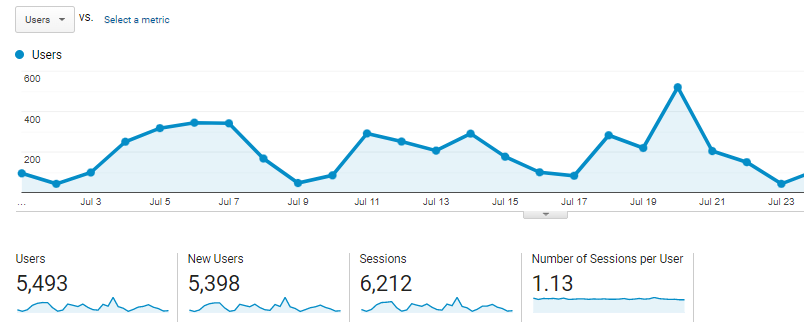
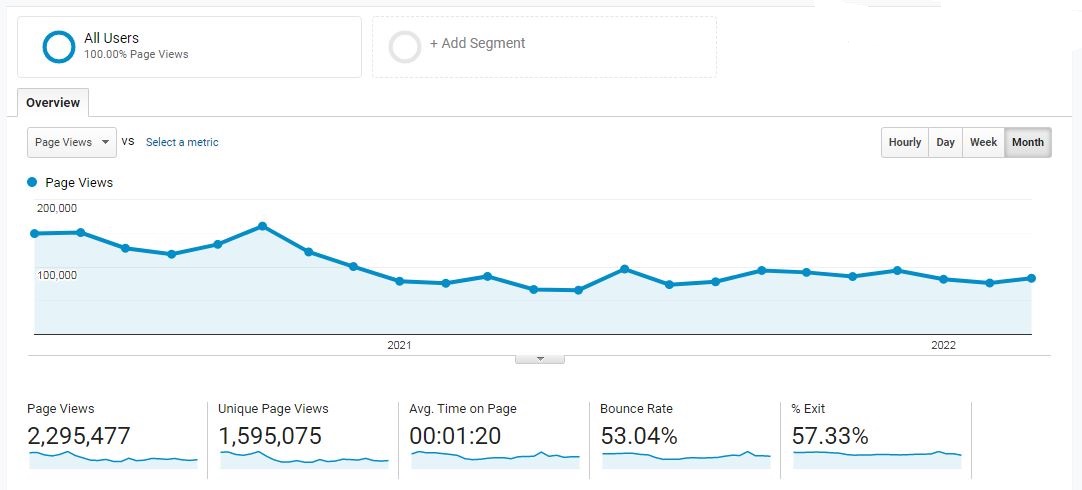
Toxicology Conferences Pulsus Conferences
